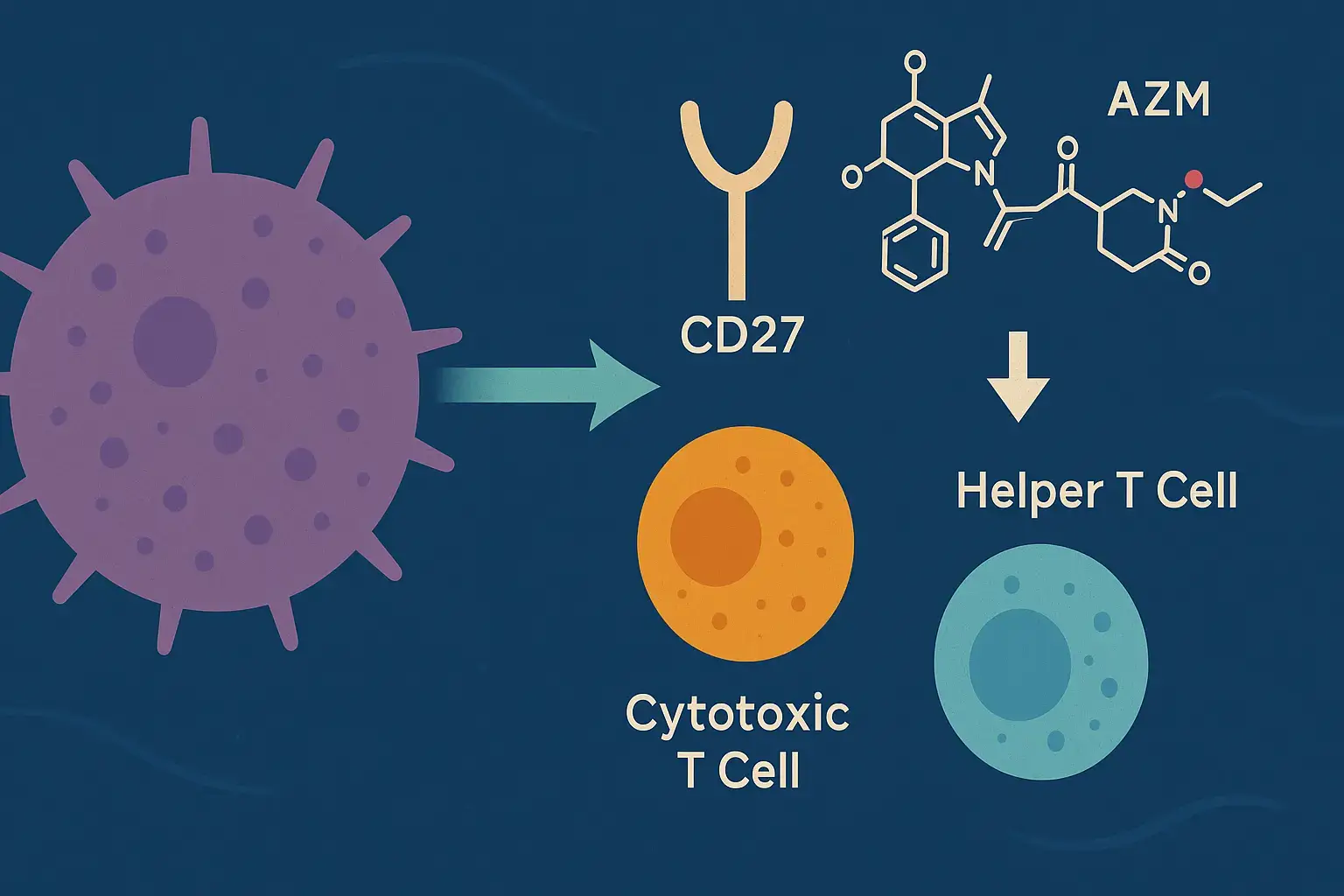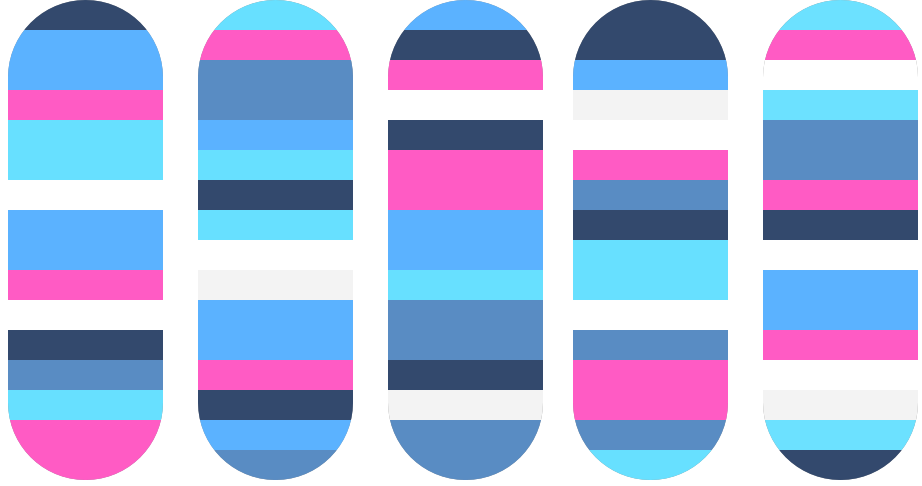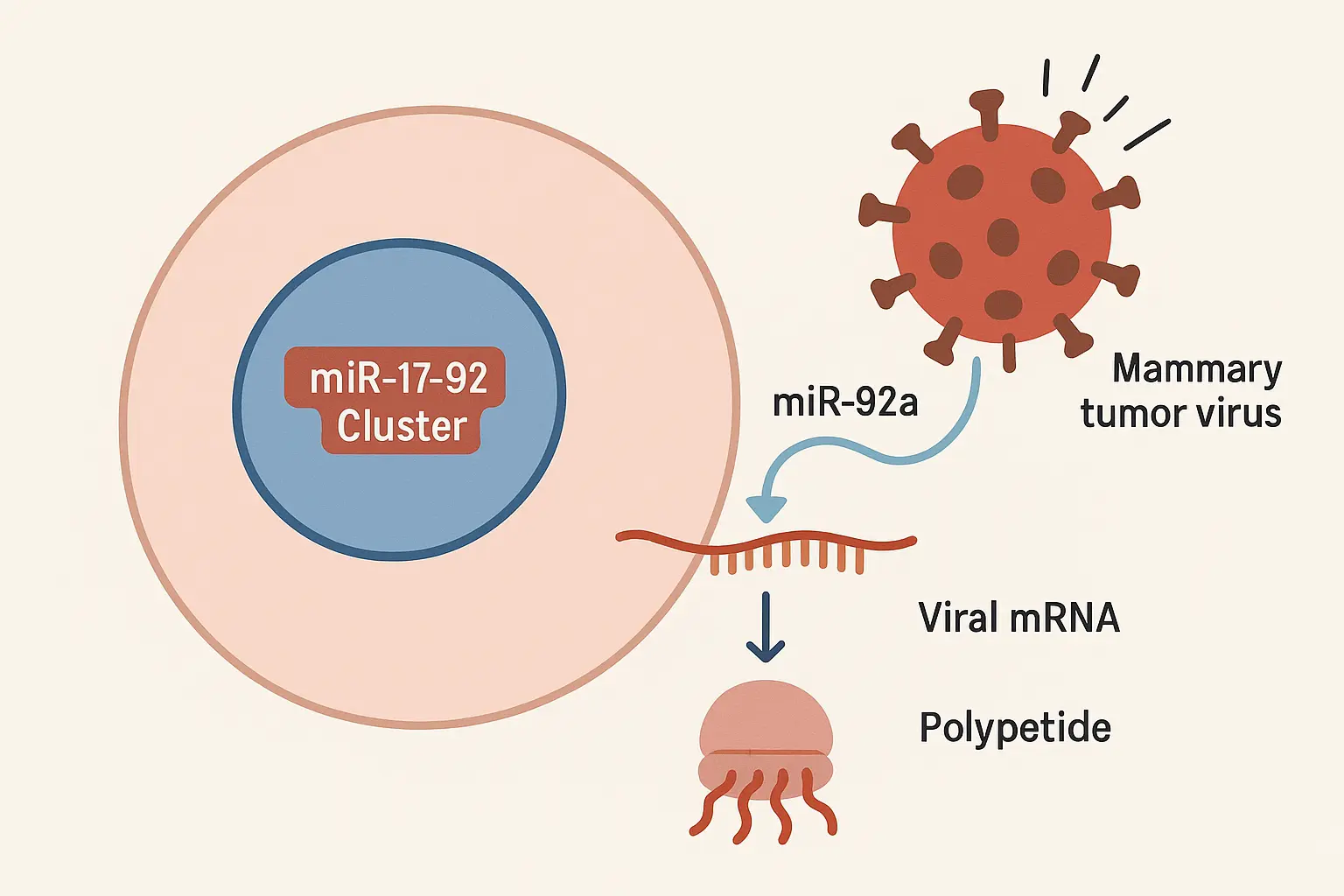
Azithromycin Modulates T-Cell Responses via the CD27 Pathway
🧠 Introduction
Azithromycin (AZM), a macrolide antibiotic well known for treating respiratory infections, has long intrigued scientists for its anti-inflammatory effects. However, the precise mechanisms behind these immunomodulatory properties have remained unclear. In our latest research, published in Frontiers in Immunology, we uncover a key pathway through which AZM influences the immune system—by targeting the CD27 pathway in T-lymphocytes, cells that play a central role in inflammation and immune defense.
🔍 Research Summary
We investigated how AZM affects the CD27 pathway in both CD4⁺ helper and CD8⁺ cytotoxic T-cells. The CD27 receptor is crucial for T-cell activation and survival, and its dysregulation has been linked to various autoimmune, inflammatory, and lymphoproliferative disorders.
Using blood cells from healthy donors, we found that AZM reduces the amount of CD27 on the surface of T-cells and promotes its release as soluble CD27. This effect was most pronounced in CD27-high (CD27^hi) T-cells, which also showed reduced proliferation and cell division after AZM treatment. On a molecular level, these cells exhibited lower mTOR activity, a key signaling pathway for cell growth and metabolism.
Functionally, AZM treatment depleted CXCR3⁺CD27^hi effector cells—the Th1 and Tc1 subsets responsible for producing the pro-inflammatory cytokine IFN-γ. By dampening these responses, AZM effectively shifts the immune balance toward a less inflammatory state.
🌍 Broader Impact
Our findings offer a mechanistic explanation for why AZM benefits patients on long-term prophylactic regimens for chronic respiratory diseases. More importantly, they highlight its potential as an adjunct therapy for conditions driven by Th1- and Tc1-mediated inflammation, such as certain autoimmune disorders.
📎 Reference
@article{Ansari2024,
title = {Azithromycin targets the CD27 pathway to modulate CD27hi T-lymphocyte expansion and type-1 effector phenotype},
journal = {Frontiers in Immunology},
volume = {15},
year = {2024},
issn = {1664-3224},
doi = {https://doi.org/10.3389/fimmu.2024.1447625},
author = {Ansari, Abdul Wahid and Jayakumar, Manju Nidagodu and Ahmad, Fareed and Venkatachalam, Thenmozhi and Salameh, Laila and Unnikannan, Hema and Raheed, Thesni and Mohammed, Abdul Khader and Mahboub, Bassam and Al-Ramadi, Basel K. and Hamid, Qutayba and Steinhoff, Martin and Hamoudi, Rifat}
}






Leave a Reply